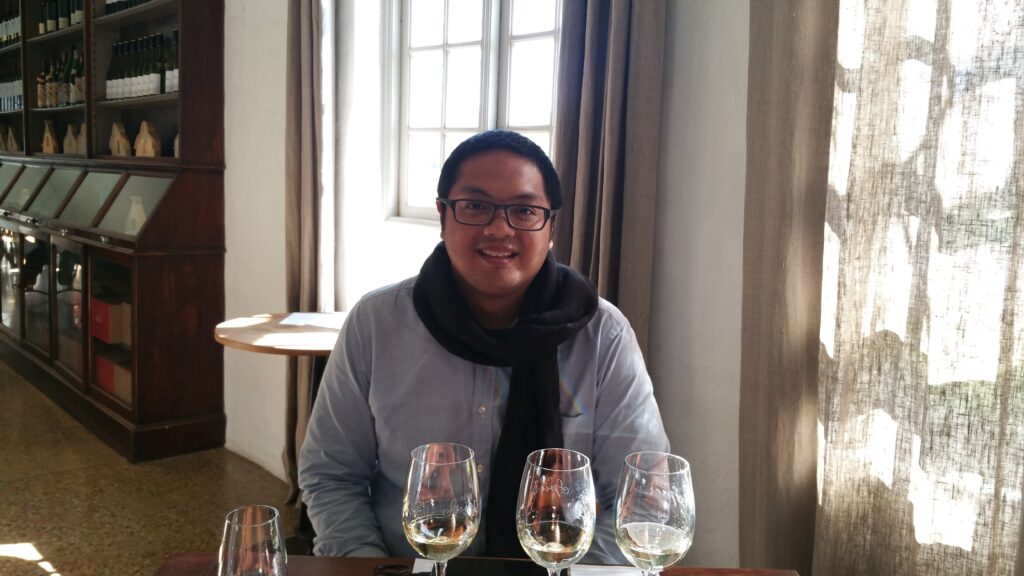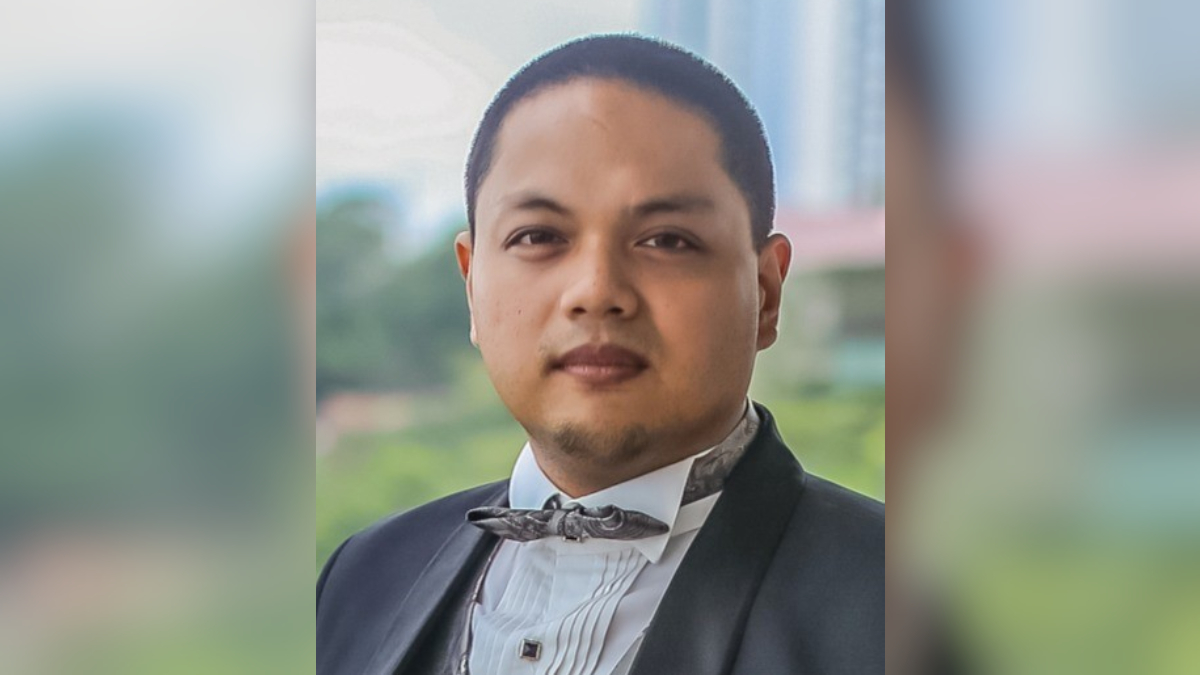The path from bedside nursing to global leadership in clinical research can often seem uncharted, but for Patrick Marban, it was all about “connecting the dots.” His exceptional journey reflects a blend of unwavering dedication, adaptability, and an unshakable commitment to improving patient care through science and innovation.
Patrick’s academic foundation was set early. After graduating from the De La Salle University (DLSU) Human Biology program, he pursued a Bachelor of Science in Nursing (BSN) at Dr. Carlos Lanting College. Keen on advancing his knowledge, he then undertook a Master of Arts in Nursing (MAN) at both the University of Santo Tomas (UST) and the University of the East Ramon Magsaysay Memorial Medical Center Inc. (UERMMMCI). These experiences provided him with a unique clinical lens, allowing him to understand patient needs and the operational intricacies of healthcare settings.

Upon graduation, Patrick embraced an unconventional route. He began his career in Singapore as a Research Coordinator at the National University of Singapore. There, he worked on Phase I to III oncology clinical trials, a complex area requiring precision, empathy, and multidisciplinary teamwork. Patrick’s efforts proved pivotal when he led a pioneer Phase I Clinical Trial Unit—an innovative endeavor that positioned Asia at the forefront of cutting-edge oncology research. The intensity and challenges of this role set the stage for his future achievements.
Seeking broader horizons, Patrick moved to Canada, taking on the role of Clinical Research Manager at one of Ontario’s largest hospital networks. In this capacity, he oversaw oncology trials, ensuring that protocols were followed, patients were supported, and results met the highest standards of integrity. His leadership, shaped by his nursing background, allowed him to collaborate seamlessly with clinical staff, understanding their perspectives and challenges firsthand.
Today, Patrick serves as an Associate Director at one of the world’s largest multinational pharmaceutical companies—an impressive feat by any measure. Reflecting on this journey, he says: “My journey from being a nurse to becoming a Global Study Associate Director was more like connecting the dots…My nursing background helped me understand concepts better in clinical trials and allowed me to understand ways of working with other nurses involved in clinical trials.” This understanding enables him to bring a patient-centered focus to high-level strategic discussions, bridging the gap between scientific rigor and compassionate care.
Patrick’s nursing roots also inform his leadership style. “When there were issues, I was able to understand the nursing perspective and this allowed me to provide better input to the team,” he notes. His approach demonstrates that clinical expertise and empathetic leadership can work in tandem to create meaningful improvements in patient care and operational efficiency.
For Filipino nurses aspiring to succeed in non-traditional roles, Patrick offers a clear message of encouragement: “I would advise Filipino nurses to take on any career opportunities that open up, and work hard to be the best at it. Hard work (and working smart) will bring success no matter where that door leads you.” These words underscore his belief that nurses, equipped with clinical insights and adaptability, can excel in global research and pharmaceutical leadership.
Patrick’s story exemplifies how a nurse’s perspective can profoundly shape the future of healthcare. By embracing new opportunities, leveraging clinical backgrounds, and consistently striving for excellence, nurses can transcend traditional boundaries and emerge as global leaders driving innovation in patient care.






